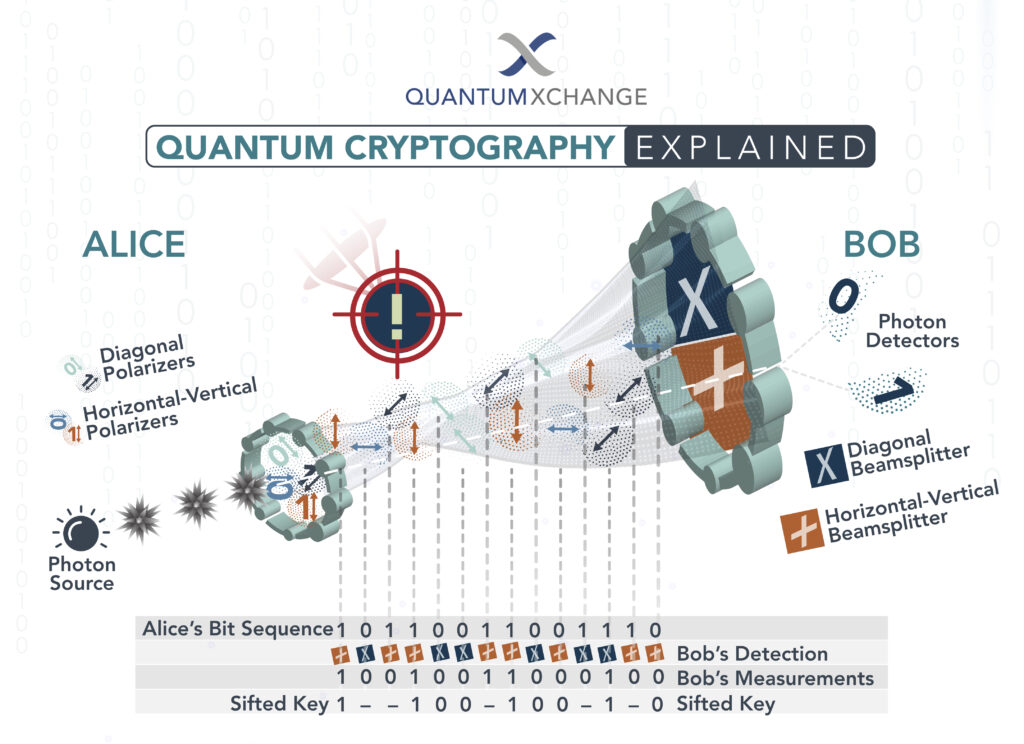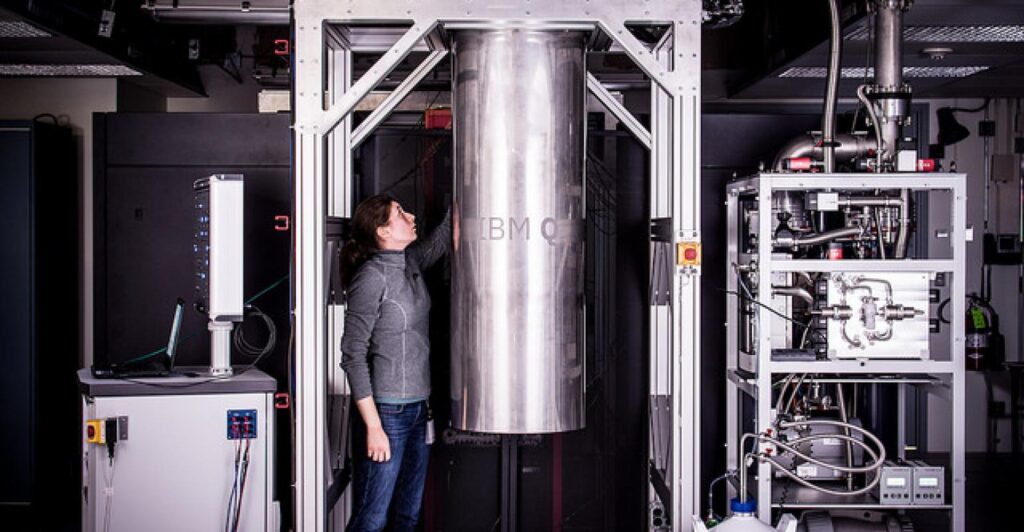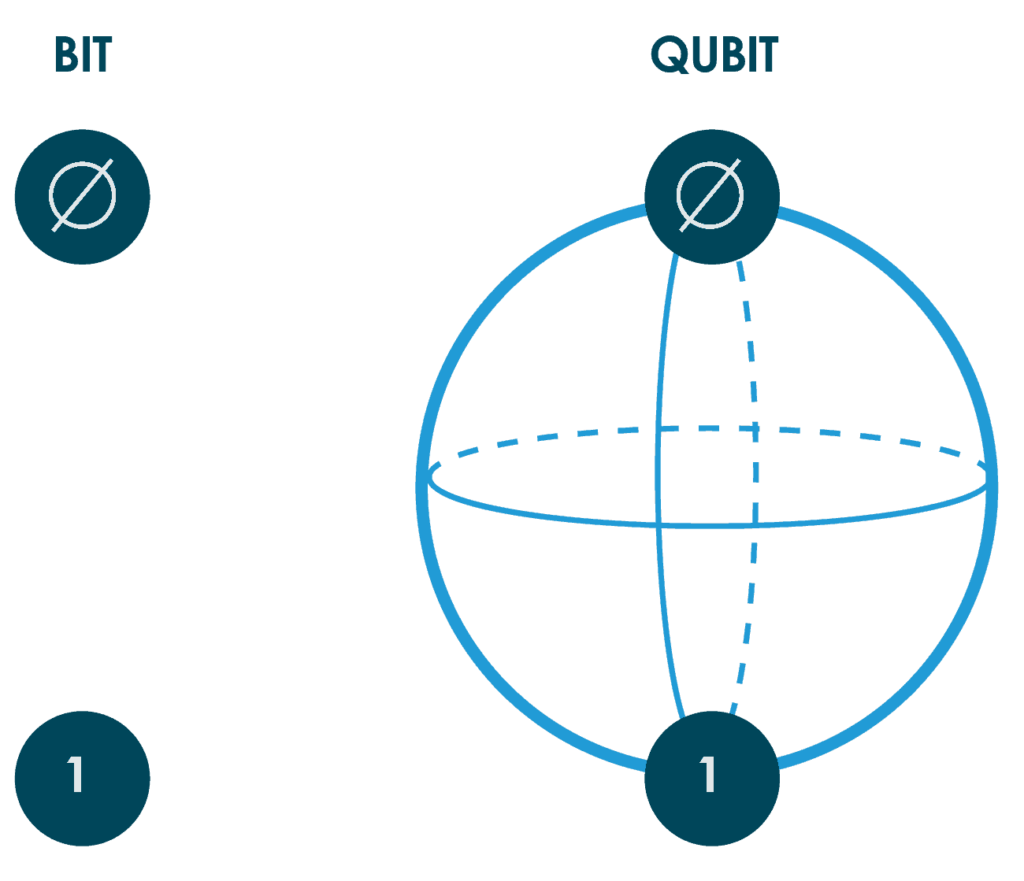Quantum computing is an emerging field that has the potential to revolutionize the way we solve complex problems. As the demand for quantum computing continues to grow, so does the need for skilled programmers who can write efficient and effective algorithms for quantum computers. However, writing algorithms for quantum computing is not an easy task, as it requires a deep understanding of quantum mechanics and advanced mathematical concepts.
Learning to write algorithms for quantum computing can be a daunting task, but with the right guidance and resources, it is possible to master this skill. In this article, we will explore the steps you can take to learn how to write algorithms for quantum computing. From understanding the basic principles of quantum computing to mastering the art of quantum programming, we will provide you with a comprehensive guide to help you get started on your journey towards becoming a proficient quantum programmer. So, let’s dive in and discover the world of quantum computing!
Learning to write algorithms for quantum computing can be difficult, but with some guidance and practice, it can become easier. Start by familiarizing yourself with the basics of quantum computing and the existing algorithms. Research existing algorithms and read about how they work, then begin to create your own. To help you create algorithms, use existing frameworks and libraries, such as Qiskit or Cirq, and practice on small problems. As you gain experience, you can start working on more complex problems.

How to Learn to Write Algorithms for Quantum Computing?
Quantum computing is the next step in the evolution of computing. It offers the potential to solve complex problems that are not possible with traditional computing. However, it requires a new way of thinking and writing algorithms to make use of the new technology. In this article, we will look at how to learn to write algorithms for quantum computing.
Understand the Basics of Quantum Computing
The first step to learning how to write algorithms for quantum computing is to understand the basics of the technology. Quantum computing is based on quantum physics, which deals with the behavior of subatomic particles. It uses the principles of quantum entanglement and superposition to perform operations on data. Quantum computing is different from traditional computing in that it can process multiple tasks simultaneously. This allows it to solve complex problems more quickly than traditional computing.
To understand quantum computing, it’s important to have a basic understanding of quantum physics. This includes understanding quantum entanglement and superposition as well as the basics of quantum computing hardware and software. It’s also important to understand the algorithms used in quantum computing, such as quantum gates and qubits.
Learn Quantum Programming Language
Once you have a basic understanding of quantum computing, the next step is to learn a quantum programming language. There are several different languages available, but the most popular ones are Q# and Qiskit. Q# is a Microsoft-developed language that uses C# syntax, while Qiskit is an open-source language developed by IBM.
Learning a quantum programming language is not difficult, but it does take some time and effort. To learn the language, it’s important to go through tutorials and practice writing code. There are also numerous resources available online that can help you learn the language. Once you’re comfortable with the language, you can start writing algorithms for quantum computing.
Practice Writing Algorithms
Once you’ve learned a quantum programming language, the next step is to practice writing algorithms. There are numerous resources available online that provide sample algorithms that you can use to practice. It’s also important to understand the principles of quantum computing, such as quantum entanglement and superposition, so that you can write effective algorithms.
Once you’ve gained some experience writing algorithms, you can begin to tackle more complex problems. It’s important to remember that quantum computing is still in its infancy, so it’s important to be patient and take your time when writing algorithms.
Find a Mentor
The best way to learn how to write algorithms for quantum computing is to find a mentor. A mentor can provide guidance and advice on how to write algorithms and help you understand the principles of quantum computing. A mentor can also provide feedback on your work and help you understand any mistakes you may make.
Finding a mentor can be difficult, but there are several resources available online. You can search for mentors on social media or join a quantum computing forum.
Join a Quantum Computing Community
The best way to learn how to write algorithms for quantum computing is to join a quantum computing community. These communities are filled with experts and enthusiasts who can provide advice and guidance on writing algorithms and understanding quantum computing principles. Joining a community is also a great way to stay up-to-date on the latest developments in the field.
Conclusion
Learning how to write algorithms for quantum computing is not an easy task, but it is possible. To learn how to write algorithms for quantum computing, it’s important to understand the basics of quantum computing, learn a quantum programming language, practice writing algorithms, and find a mentor or join a quantum computing community. With hard work and dedication, anyone can learn how to write algorithms for quantum computing.
Frequently Asked Questions
Quantum computing is a revolutionary technology that has the potential to revolutionize the way we process data and solve complex problems. This article covers the basics of quantum computing and provides guidance on how to learn to write algorithms for quantum computing.
What is quantum computing?
Quantum computing is a form of computing that utilizes the principles of quantum mechanics to enable a computer to work with multiple states simultaneously. It is based on the notion of quantum entanglement, which is the ability of two particles to be inextricably linked even when they are separated by a vast distance. This means that a quantum computer can process information in a way that is far more efficient than traditional computers.
How is quantum computing different from traditional computing?
Traditional computing relies on a binary system of ones and zeros to represent data. This means that a computer can only operate on one state at a time, and it has to be switched from one state to another to execute a program. Quantum computing, on the other hand, is based on the principles of quantum mechanics and is able to leverage the power of entanglement to process information in multiple states simultaneously. This means that a quantum computer can process much more data in a shorter amount of time than traditional computers.
What are the benefits of quantum computing?
The potential benefits of quantum computing are vast. Quantum computing could enable us to solve some of the most complex problems in science, such as designing new materials, simulating chemical reactions, and even predicting the weather. In addition, quantum computing could be used to create more secure encryption methods, making data transmission more secure.
How can I learn to write algorithms for quantum computing?
Learning to write algorithms for quantum computing can be challenging, as the technology is still in its infancy. However, there are a number of resources available that can help you get started. Online courses, such as those offered by Coursera, edX, and Udacity, offer comprehensive introductions to quantum computing and algorithms. Additionally, there are a number of books and research papers available that provide an in-depth look at the technology.
What programming languages are used for quantum computing?
The most popular programming language for quantum computing is Q#, which is a domain-specific language designed for quantum computing. Q# is designed to be easy to use, and it is integrated into the Microsoft Visual Studio development environment. Additionally, there are a number of other languages and frameworks, such as Qiskit and PyQuil, that can be used to write quantum algorithms.
Writing My First Quantum Algorithm — Programming on Quantum Computers — Coding with Qiskit S2E2
In conclusion, learning to write algorithms for quantum computing is a challenging yet rewarding task for any aspiring programmer or computer scientist. The key is to start with a strong foundation in mathematics and computer science fundamentals, as well as a solid understanding of quantum mechanics. From there, it is a matter of diving into the vast array of resources available, including textbooks, online courses, and research papers, and gradually building up your knowledge and skills over time.
Ultimately, the most important thing is to remain persistent and keep pushing yourself to learn and grow. With dedication and hard work, anyone can learn to write algorithms for quantum computing and contribute to the exciting and rapidly evolving field of quantum computing research. So why not take the plunge and embark on this fascinating journey today?





